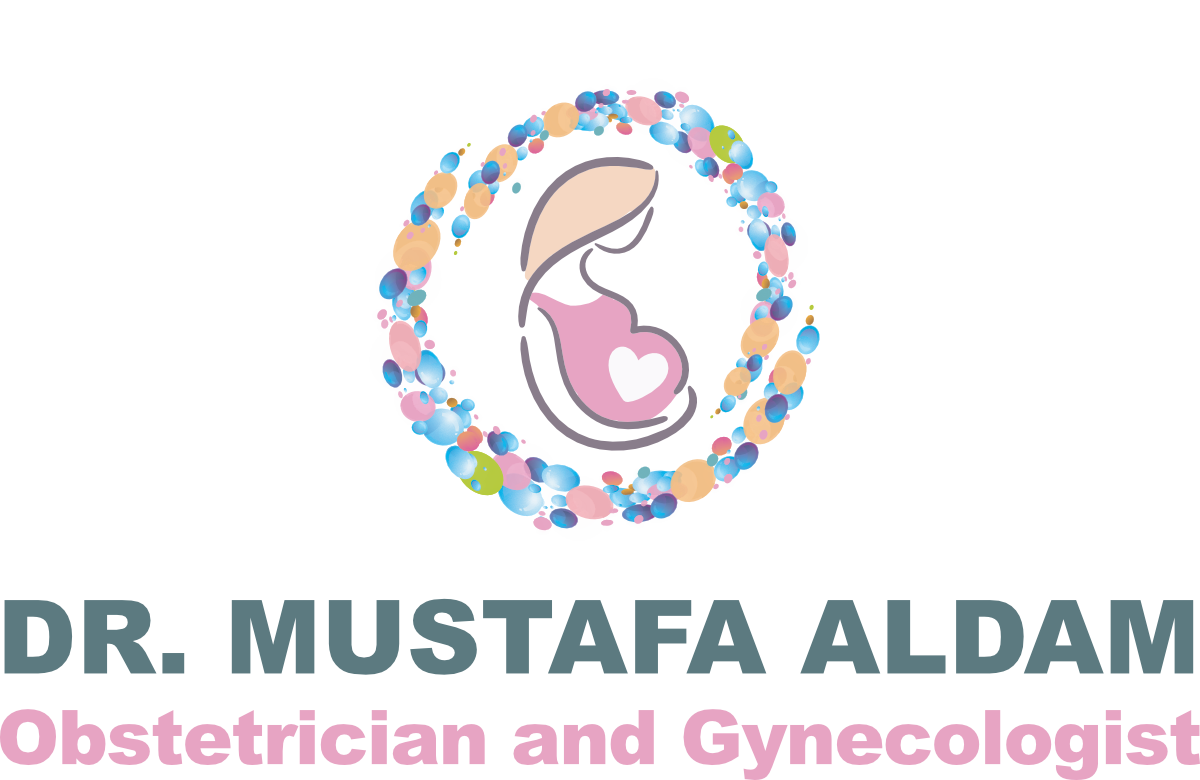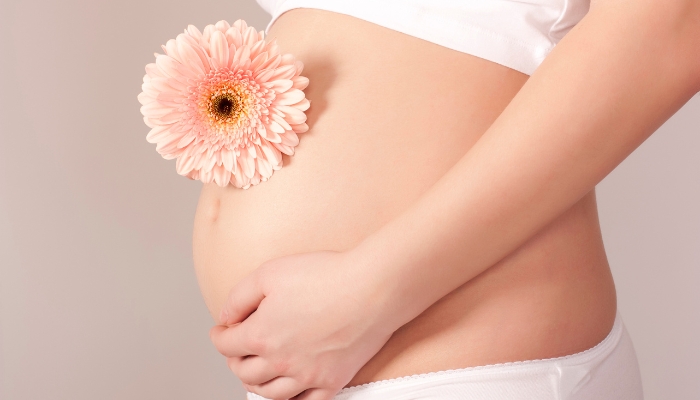Understanding Ovarian Cyst Removal: How Soon Can You Get Pregnant After The Procedure?
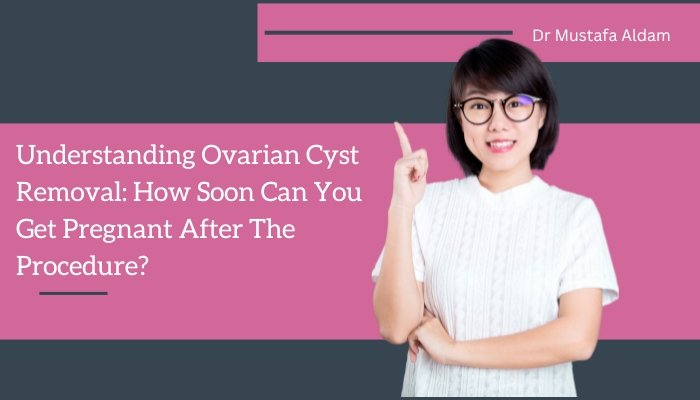
Having a cyst on your ovaries can be an incredibly difficult and stressful experience, not to mention the potential risk of infertility. But what happens after you remove the cysts? In this article, we will discuss the timeline for ovarian cyst removal and how soon you can get pregnant after the procedure. Read on to learn more!
What are Ovarian Cysts?
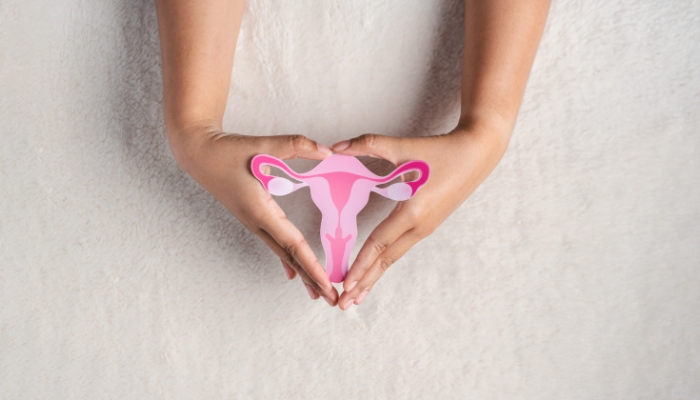
Ovarian cysts are fluid-filled sacs or pockets in the ovary or on its surface. Most women have ovarian cysts at some time during their lives. Many ovarian cysts develop and go away without causing any symptoms. However, some ovarian cysts can cause pain, bleeding, or other problems.
Ovarian cysts can be of different types, but the most common type is called a functional cyst. Functional cysts usually form during the childbearing years (between puberty and menopause). They often grow larger during the first half of the menstrual cycle and then shrink or disappear as the body prepares for ovulation (when eggs are released from the ovaries).
Most functional cysts are benign (not cancerous) and alleviates without treatment within a few months. However, some functional cysts can grow large enough to cause pain or other problems. In rare cases, functional cysts can become cancerous. Therefore, it is important to see a healthcare provider if you have any symptoms of an ovarian cyst.
Types of Ovarian Cysts
There are majorly two types of ovarian cysts: functional and neoplastic. Functional ovarian cysts are the most common type, and they occur when the ovary doesn’t release an egg during ovulation. These cysts usually disappear on their own within a few months.
Neoplastic ovarian cysts are much less common, but they can be more serious because they’re often cancerous.
What is Laparoscopic ovarian cystectomy?
Laparoscopic ovarian cystectomy is the surgery to remove cysts from the ovaries. This laparoscopic or keyhole surgery is a minimally invasive technique that requires few small incisions in your lower abdomen.
Also Read: Laparoscopic Myomectomy – Uterine Fibroids symptoms and treatment
What is the process of Laparoscopic ovarian cystectomy?
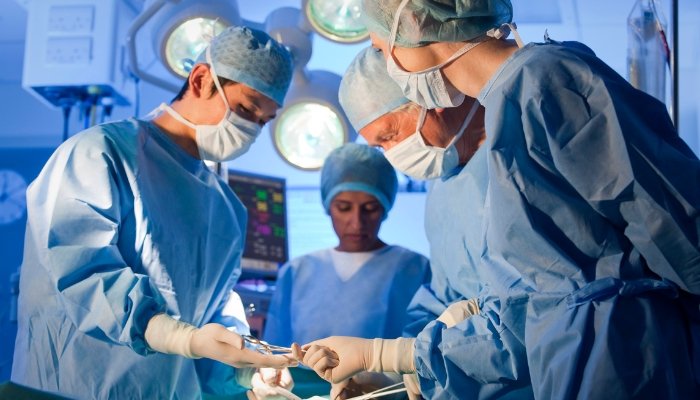
It is quite essential to understand the process of removal when considering ovarian cyst removal surgery. The ovaries are small, oval-shaped organs that are located on either side of the uterus. They produce eggs that travel through the fallopian tubes and are fertilized by sperm. The ovaries also produce hormones that regulate the menstrual cycle.
However, fluid-filled sacs (cysts)can develop on the ovaries. Most ovarian cysts are benign or non-cancerous. However, some types of ovarian cysts can become cancerous.
There are several different types of ovarian cyst removal surgery procedures:
Laparoscopic surgery: This is a minimally invasive procedure in which tiny incisions are made in the abdomen, and a laparoscope (a thin tube with a light and camera) is inserted. The surgeon then uses special instruments to remove the cyst.
Laser surgery: This type of surgery uses a laser beam to destroy the cyst.
Ablation: This procedure uses heat or cold to destroy the tissue of the cyst.
Oophorectomy: This is a more radical surgical procedure in which one or both ovaries are removed, along with the Fallopian tubes. This is usually only done if there is a suspicion that cancer may be present.
Hysterectomy: This is a radical surgical procedure in which the uterus is removed along with the ovaries and Fall
Nevertheless, there also could be certain complications like infection, bleeding, and damage to surrounding tissues associated with ovarian cyst removal. But the risks are much lesser when you get it done by an experienced and certified surgeon.
Fortunately, most women who have an ovarian cyst removed experience no problems whatsoever and go on to have healthy pregnancies.
Recovering from the Procedure
After having an ovarian cyst removal process, it is important for patients to take some time to recover both physically and emotionally. The physical recovery process will vary depending on the type of surgery that was performed. For example, those who have laparoscopic surgery will usually have a shorter recovery time than those who have open surgery. It is crucial to follow your doctor’s instructions for post-operative care, which may include taking pain medication, resting, and avoiding strenuous activity.
The emotional recovery process may take longer and can be more difficult to navigate. Many women feel relieved after having their ovarian cysts removed, but some may feel anxious about the possibility of future cysts or fertility problems. Some women also experience grief after learning that their cysts were cancerous or may have caused damage to their reproductive organs. It is important to talk to your doctor about any concerns or feelings you have after your surgery.
Getting pregnant post-cyst removal
How soon after ovarian cyst removal can I get pregnant
You should abstain from sex after the surgery, as your cervix will be stretched after ovarian cyst surgery, causing damage and even bleeding. If you have sex while your genitals are healing, you may develop vaginal bleeding or a cervical/uterine infection. As a result, women who have had surgery are frequently advised not to use tampons or menstrual cups for the first time after surgery.
The time to abstain from sex depends on several factors, like the type of surgery performed, nutrition, and recovery after surgery. The period of abstinence from sex should be longer than 4-6 weeks for laparotomy.
The most important thing after surgery is to rest and eat enough to promote health. You can have sex only after you no longer feel pain in the surgical area and your health is completely stable.
Also Read: What are the indications/causes for a c-section delivery?
What can you do to conceive faster after the surgery?
Going through laparoscopy surgery may delay your ability to become pregnant. Laparoscopy can add three to four weeks to the process.
If you are running out of time to become pregnant, here are some methods for getting pregnant quickly:
Eat a mild diet for a few days: After the laparoscopy surgery, try a soft diet for at least the first week. The mild diet includes foods such as toast, juice, jelly, and clear liquids such as broccoli soup. They make certain that your stomach remains calm. When you feel ready, you can resume your normal but healthy diet.
Keep track of your menstrual cycle: After surgery, keep track of your menstrual cycle. This tracking will assist you in determining the best time to conceive. It may also save you from several failed attempts.
Intercourse during ovulation: You should begin trying to conceive once you enter your ovulation cycle. Ovulation is the most fertile time, but only try it after your body has fully recovered. To increase your chances of getting pregnant, remember to take prenatal vitamins and live a healthy lifestyle.
However, if you have your ovaries removed, you will no longer be able to get pregnant. This is because the ovaries produce the eggs that are fertilized by sperm to create a baby. But the good news is, if you have one ovary removed, you will still be able to get pregnant if the other ovary is healthy and functioning properly.
Takeaway
Understanding ovarian cyst removal can be daunting, but it doesn’t have to be. There are multiple things you can do to prepare for this procedure and make sure that you’re taking the right precautions before and after surgery.
Our doctor, Dr. Mustafa Aldam is a skilled obstetrician and gynecologist. He performs extensive diagnostic tests to determine the type of cyst. Through regular ovarian cyst treatment follow-up sessions, he monitors any growing benign tumour during the treatment procedure. Aside from all of the above, he is a specialist in Laparoscopic ovarian cystectomy in Dubai and has a successful track record to his name.
Schedule your appointment here.
